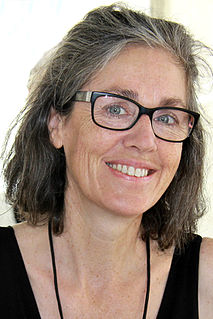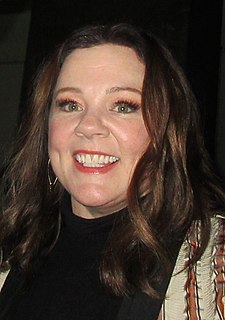A Quote by Margaret Atwood
When you're writing a novel, you don't want the reader to come out of it voting yes or no to some question. Life is more complicated than that. Reality simply consists of different points of view.
Related Quotes
As an artist your first loyalty is to your art. Unless this is the case, you're going to be a second-rate artist. I don't mean there's never any overlap. You learn things in one area and bring them into another area. But giving a speech against racism is not the same as writing a novel. The object is very clear in the fight against racism; you have reasons why you're opposed to it. But when you're writing a novel, you don't want the reader to come out of it voting yes or no to some question. Life is more complicated than that. Reality simply consists of different points of view.
It's more like I write multiple first drafts, handwritten. So with my first novel, I wrote whole drafts from different points of view. There are different versions of that novel in a drawer on loose-leaf sheets. I won't even look at the first draft while I'm writing the second, and I won't look at the second before writing the third.
I think there's so many points of view that you want to make sure your stories are being told from men and women... you get all of the different backgrounds. You don't want every story being told from the same point of view. So just for better storytelling, I'm like, 'Yes, please, bring some more ladies on.'
Most contemporary novels are not really "written." They obtain what reality they have largely from an accurate rendering of the noises that human beings currently make in their daily simple needs of communication; and what part of a novel is not composed of these noises consists of a prose which is no more alive than that of a competent newspaper writer or government official. A prose that is altogether alive demands something of the reader that the ordinary novel-reader is not prepared to give.
What is a novel? I say: an invented story. At the same time a story which, though invented has the power to ring true. True to what? True to life as the reader knows life to be or, it may be, feels life to be. And I mean the adult, the grown-up reader. Such a reader has outgrown fairy tales, and we do not want the fantastic and the impossible. So I say to you that a novel must stand up to the adult tests of reality.
The book is finished by the reader. A good novel should invite the reader in and let the reader participate in the creative experience and bring their own life experiences to it, interpret with their own individual life experiences. Every reader gets something different from a book and every reader, in a sense, completes it in a different way.
I think comedy is so much easier to do on the page than it is in real life. When I'm writing, comedy is an easy way to win over the reader. You're automatically more disposed to keep reading, thinking maybe, "I'll get another laugh or two." I think it's a survival instinct in me. I mean, you don't want to lose these guys within five or ten pages. You want them to keep going. I think to some extent it's a desperate measure that I throw out there, because a novel isn't a complete waste of time if it made you laugh.
Writing for adults and writing for young people is really not that different. As a reporter, I have always tried to write as clearly and simply as possible. I like clean, unadorned writing. So writing for a younger audience was largely an exercise in making my prose even more clear and direct, and in avoiding complicated digressions.


































